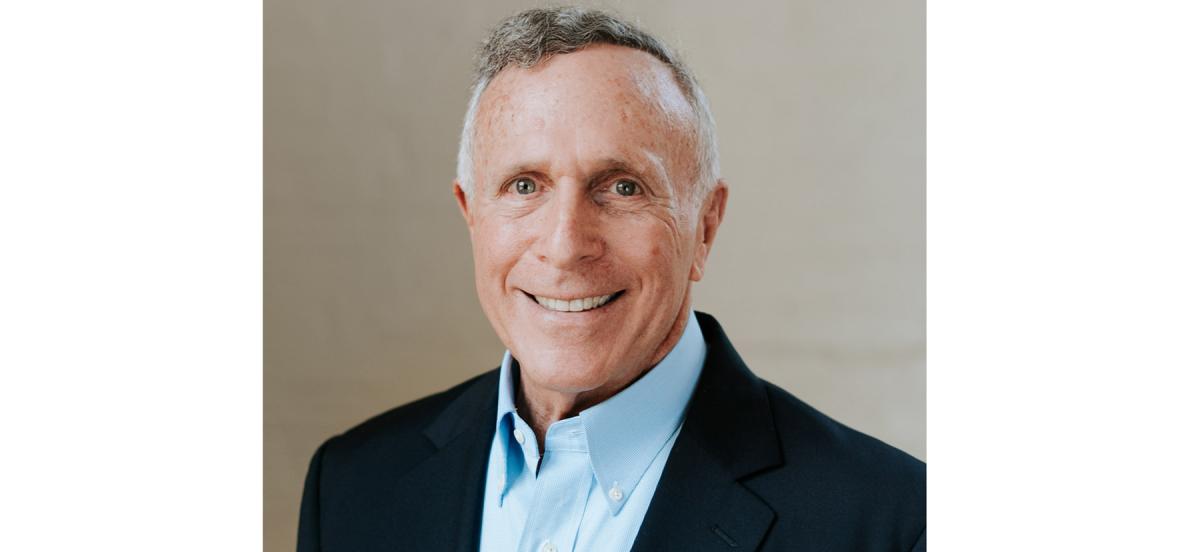How To Be A Successful Negotiator: Ron Shapiro ’64

Details
The former sports agent, author, and founder of the Shapiro Negotiations Institute shares some of his "trade secrets."
Going into any kind of negotiation—whether it’s over a salary, a promotion, a business deal, the price of a car, or how many vegetables a child needs to eat— most people will default to trying to appear tough. But in his 2015 book The Power of Nice: How to Negotiate So Everyone Wins—Especially You!, Ron Shapiro ’64 suggests a systematic approach to negotiation using “The Three P’s”: Prepare, Probe, and Propose, instead of relying on an adversarial style. Shapiro is a former sports agent and founder of the Shapiro Negotiations Institute, which, since 1995, has offered negotiation training for people and organizations around the world. We asked Shapiro for some of his insights and strategies for approaching a negotiation.
1) Be prepared, and don’t stop preparing.
“When I prepare for a negotiation, I always remember that preparation does not end when the negotiation begins. The process of gathering information is ongoing and continues throughout the negotiation. Negotiation is a process, not an event.”
2) Break down your preparation into steps.
“Preparation can be tedious, so I have developed a Preparation Checklist that is broken down into “Information Gathering Steps” and “Action Planning Steps.” As part of this process, I briefly define what the negotiation is about, identifying my objectives and overall goals. I identify precedents—knowing precedents gives you the power of the past. I then determine the interests, both mine and those of the other side (which may take some probing). I articulate the alternatives (both mine and theirs) and the strengths and weaknesses of each position. Once I have gathered the necessary information, I create a strategy and a timeline and script my proposals in advance.”
3) Don’t think the other side has to lose for you to win.
“A central tenet of my negotiation philosophy is “WIN-win.” In the broadest sense it means that in order to get what you want, think about what the other side wants and help them achieve some of that. It also means that while you do not always get the biggest piece, you can win by getting the best result you can without destroying the other side—this allows for the opportunity to do future deals with the same party. As a WIN-win negotiator, I have won if I achieve most or all of my goals, but the other side feels that it has achieved something satisfactory as well. Talk less, listen more. After the 1976 baseball season, Brooks Robinson asked me to negotiate his final contract with the Baltimore Orioles. Brooks wanted to be paid $100,000, and I was going to make sure he got it. I prepared extensively and was confident in the justice of our case. On the day of the negotiation, I went into the office of the Orioles’ general manager Hank Peters and, with great enthusiasm and without interruption, I laid out my entire case. Hank’s response: “I’ll get back to you.” He got back to us with an offer of $80,000. And he gave us his reasons, which were honed to perfection. Brooks accepted. I didn’t probe, I failed to ask questions. I didn’t negotiate—I orated. I revealed our entire position without getting one shred of information from him. Most of all, I didn’t listen. I wasn’t open to input that might have changed the outcome. Know when not to negotiate. Sometimes no deal is the best deal. Negotiators can get so enthralled with the process, they lose sight of their goals. Perhaps the best way to make a good deal is to remind yourself throughout that “no deal” is a viable, reasonable option. Examples where no deal is sometimes the best deal are when the other side forces you below your bottom line, when you have better alternatives than the one proposed, when you’re confident the other side cannot abide by the terms of the deal, and when long-term problems can outweigh short-term gains.”
4) Leverage the power of nice.
“The biggest misunderstanding most people have about negotiating is that the parties are engaged in a battle of adversaries and that a negotiation is a conflict rather than a collaborative experience. Simply put, niceness helps build relationships. When you do deals, you don’t want to look at the deal as being over when you reach an agreement. You look at the deal as a continuing experience, where you need each other in order to fulfill the terms of the agreement. Having a relationship will help you solve a problem or deal with an open issue if you have to revisit. Empower yourself so you can be nice, and you’ll not only end up with a good deal but also a good relationship.”



